International Forum on Exchange and Development of Chinese-Irish Literature was successfully hosted
To mark the 45th anniversary of the establishment of diplomatic relations between China and Ireland, the first “Literature in Dialogue & Mutual Learning among Civilizations—International Forum on Exchange and Development of Chinese-Irish Literature” was held at the UCD Confucius Institute for Ireland from 15 to 19 July 2024. The conference was jointly hosted by UCD Confucius Institute for Ireland and UCD Irish Institute for Chinese Studies, and co-organised by the School of Foreign Languages of Renmin University of China and Global Literature Today of Beijing Normal University.
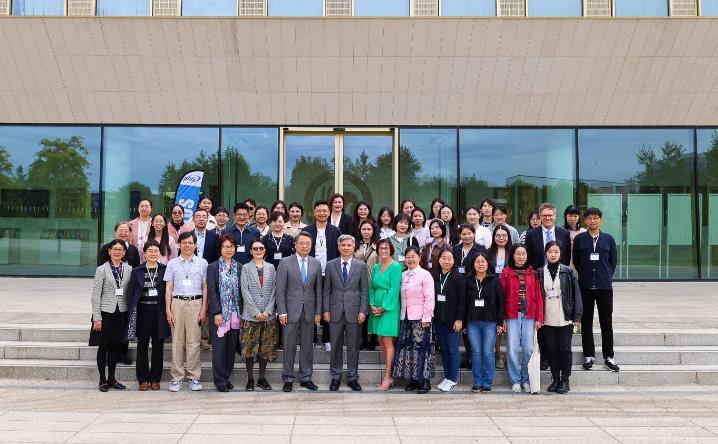
H.E. He Xiangdong, Chinese Ambassador to Ireland, and Professor Dolores O’Riordan, Vice-President of UCD, attended the opening ceremony of the forum, which chaired by Professor Wang Liming, Director of UCD Irish Institute for Chinese Studies. Ambassador He Xiangdong pointed out that the exchange of culture and literature should be and must be two-way. This forum would build a cultural bridge between China and Ireland, helping Chinese and European people understand each other’s history and literature, and contributing to enhancing the friendship between the two countries. Professor O’Riordan expressed that this forum would be a celebration of Irish culture including its literature and poetry. This event would be very much in line with UCD’s vision and strategy, which aims to bring the best of the world to Ireland and bring the best of Ireland including its distinct cultures to the world. The forum is a very important bridge in building connections between China and Ireland beyond academic work.
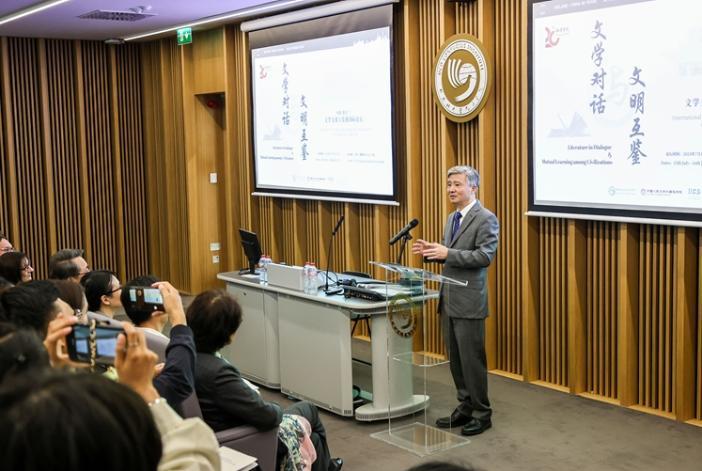
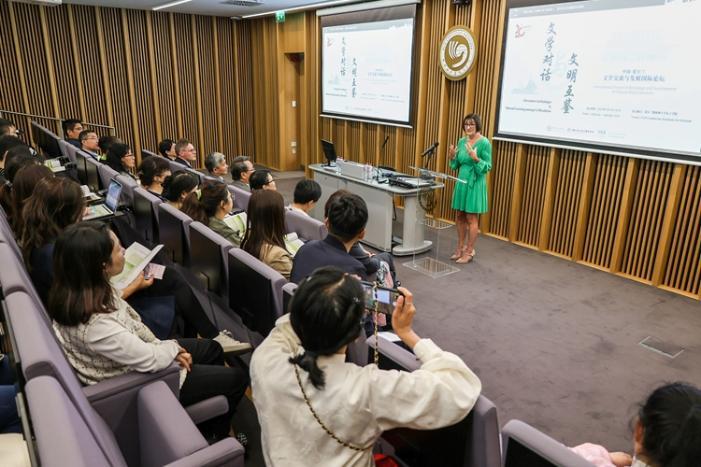
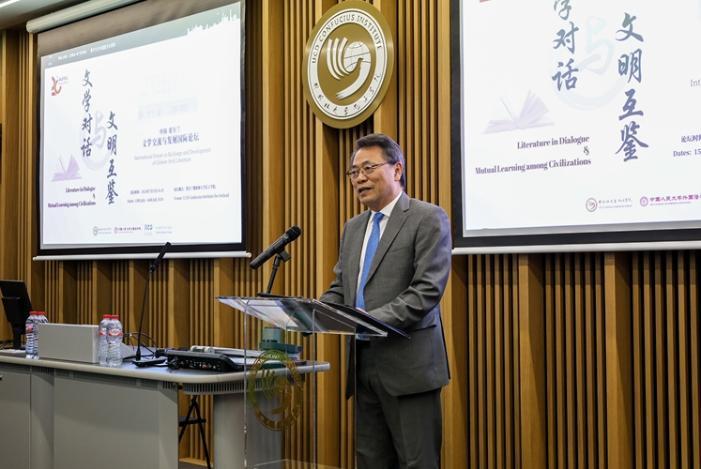
56 experts, scholars and PhD candidates from China, the United Kingdom, the United States and Singapore attended the forum. With the theme of “Literature in Dialogue & Mutual Learning among Civilizations”, the forum had in-depth discussions on China and Ireland from the perspective of world literature, the comparative study of Chinese and Irish literature, Irish novels in the eyes of Chinese scholars, and Chinese translations and studies of Irish plays.
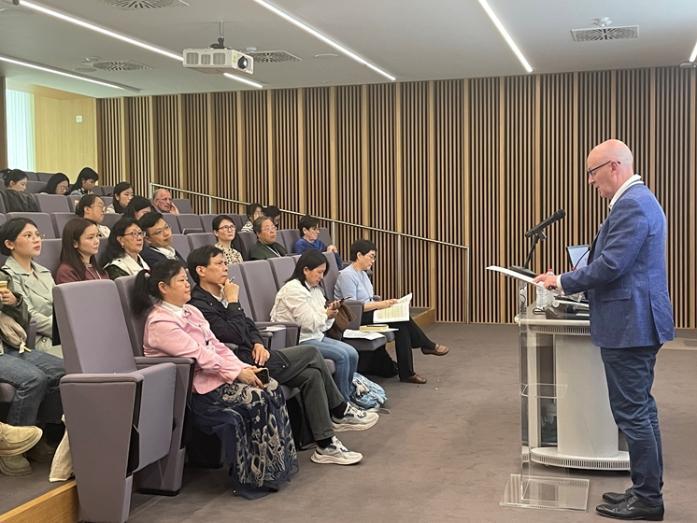
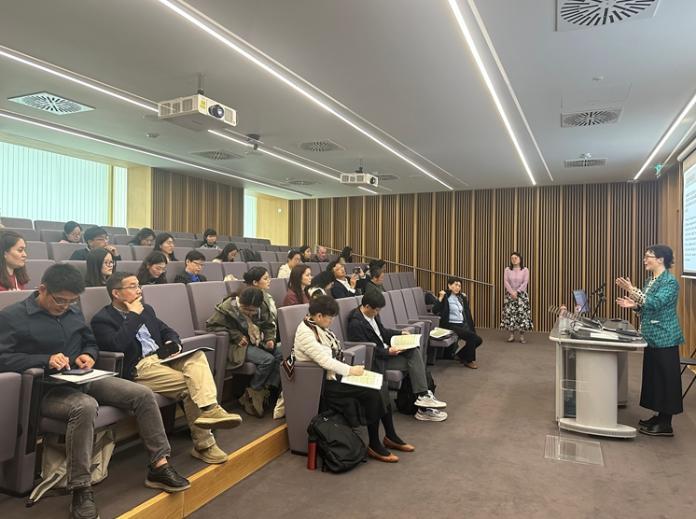
From 17 to 19 July, cultural salons were held at the Museum of Literature Ireland (MOLI), James Joyce Centre, James Joyce Tower and Museum and the National Library of Ireland. The salons are based on “The Literariness of Contemporary Chinese-Irish Writing”, “The Perspective of Chinese Scholars on Joyce and Modern Irish Literature”, “Joyce and Contemporary Irish Literature in China”, “Irish Literature and Chinese Literature”, exploring the artistic value of Irish literature and its far-reaching influence on world literature. The salons reveal the development of Chinese-Irish literature interaction by sharing the history of translation and reception of Irish writers and works in China and their influence on contemporary Chinese literature.
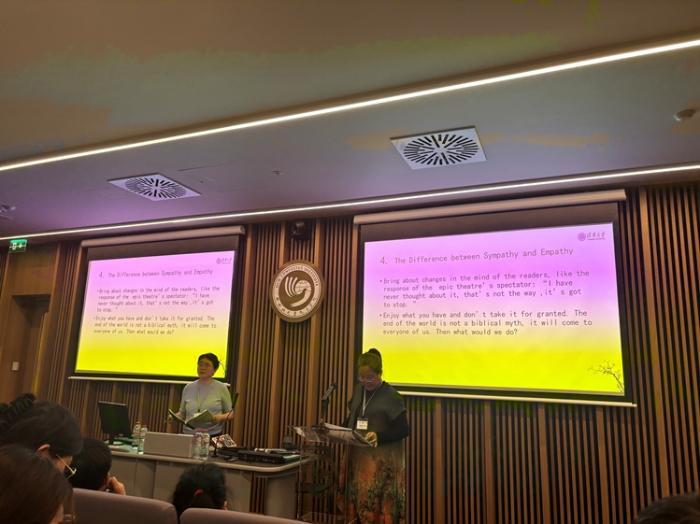
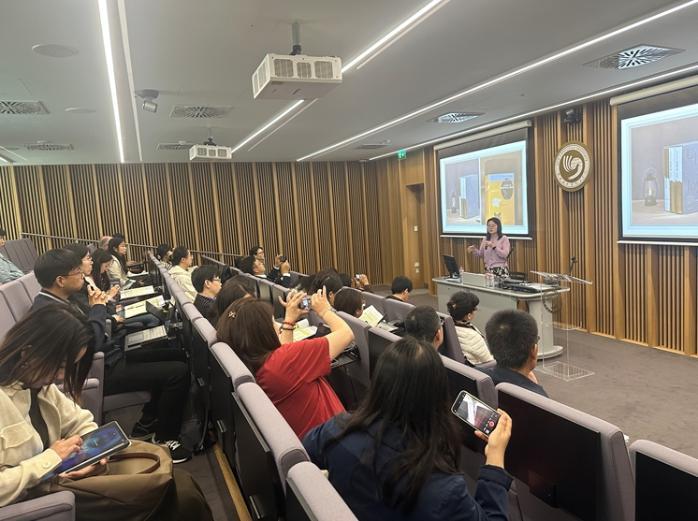
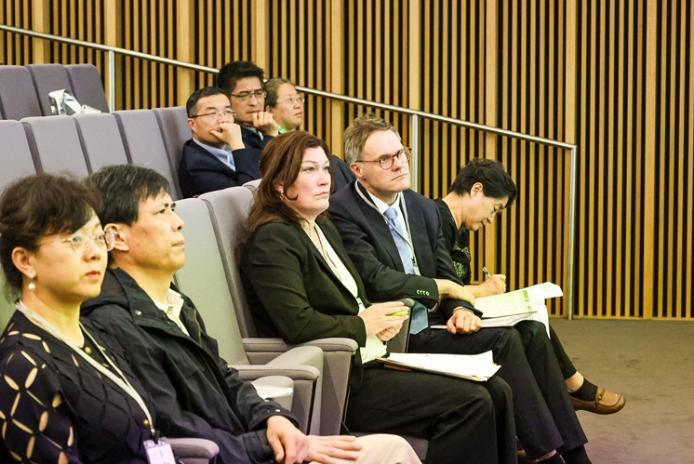
China and Ireland have maintained friendly and cooperative relations since the establishment of their bilateral diplomatic relations, with close economic and cultural exchanges. Both countries have proud literary traditions, playing important roles in world literature. Since the 18th century, images, portrayals, and representations of China have continuously entered Irish literature; Irish poets and writers such as Oscar Wilde, Bernard Shaw, James Joyce, Samuel Beckett, and Seamus Heaney have had significant influence on modern and contemporary Chinese literature. Chinese scholars have also made unique contributions to the study of Irish literature worldwide. We encourage the ongoing partnership between Chinese and Irish writers and academics in the 21st century, as they bolster exchanges, deepen mutual learning, and contribute to shared prosperity and development.
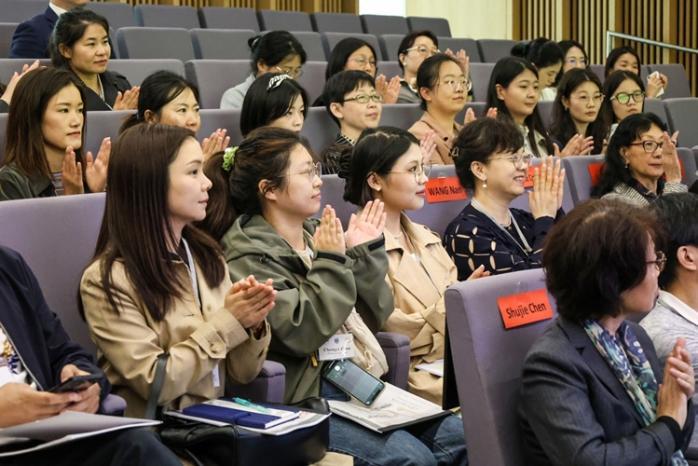
The successful organisation of the literature forum and cultural salons not only built a valuable platform for the literary interaction between China and Ireland, but also contributed to promoting mutual understanding and respect between the two cultures. In the future, with the organisation of similar activities, it is believed that Chinese-Irish literary interaction will go into a more glorious chapter.


